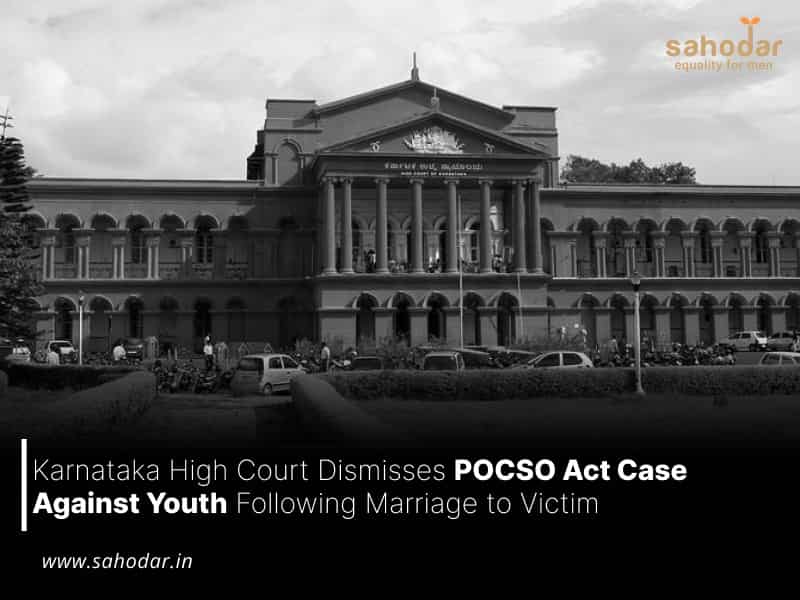Justice M Nagaprasanna observed that continuing the proceedings would result in the survivor and the child born as a result of the offence facing ignominy at the hands of society.
The Karnataka High Court recently dismissed proceedings under the Protection of Children from Sexual Offences Act (POCSO Act) against a 23-year-old after he married the victim [XYZ v State of Karnataka and Anr.]
Justice M Nagaprasanna noted that continuing the proceedings would subject the survivor and the child born from the incident to societal shame.
“If the proceedings are not quashed, it would undoubtedly result in grave jeopardy to the life of the mother and the child, who will have to face ignominy at the hands of the society,” the order dated July 10 stated.
The Court was reviewing a request from the accused to drop the case against him for sexually assaulting a minor in February 2023.
The accused claimed that he loved the survivor and said her parents had filed the case because she was too young to marry him.
He also told the Court that the parents had since agreed to the marriage. The survivor’s parents confirmed this in court.
The State opposed the plea, arguing that the petitioner’s actions were serious offences under the POCSO Act.
The State also argued that the survivor’s possible reluctance to testify shouldn’t stop the trial, as POCSO Act offences are severe and can lead to imprisonment for more than 10 years.
The Court noted that, after granting the petitioner interim bail to marry the survivor on June 17, the marriage took place on June 21.
The Court decided to follow the Supreme Court’s decision in K Dhandapani v. State by Inspector of Police and other High Court rulings that allowed ending POCSO cases after a child was born and the offender married the survivor.
“The new born would not be aware of the happenings narrated hereinabove. If the issue is not compounded and the petitioner is released, the mother and the child would be left in the lurch and their fate in dire straits,” the Court stated.
The Court noted that continuing the case would cause shame for the survivor and the child.Toprevent this, the Court decided to close the case, as it might lead the survivor to become uncooperative and make it hard to convict the petitioner.
“To avoid this kind of situation, I think it’s best to close the case and allow the offence to be settled, since the survivor might turn against the case and the chance of convicting the petitioner would be very low,” the Court said.
The petitioner was represented by advocates Rohith SV and M Sharass Chandra.
The survivor’s mother was represented by advocate Nagaraju HR.
The State of Karnataka was represented by High Court Government Pleader (HCGP) Thejesh P.

